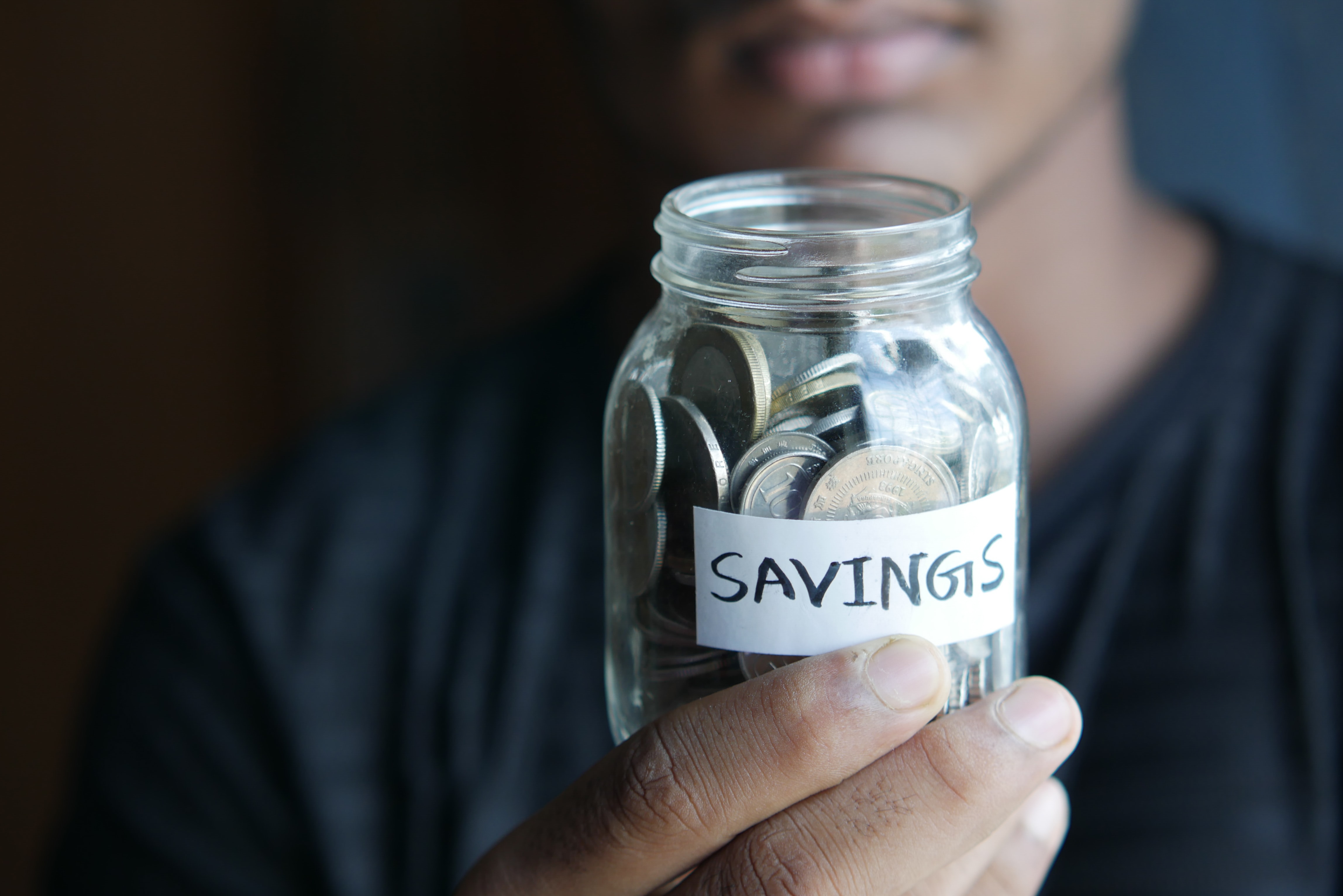It is normal to experience some highs and lows in this ever-changing economy. Considering the global financial crisis due the many factors including a worldwide health crisis, many people like you are going through challenges when it comes to handling finances.
There are certain things that are beyond our control and the economic cycle whether you like it or not will impact you either directly or indirectly. The current financial crisis around the world has left many individuals across the globe in the dark clamoring to bring in some stability while trying hard to remain resilient as they go with the tide of economic uncertainty. But there are ways to take control of your finances even in this difficult time when the economy is unpredictable.
Here are some tips to balance your financial situation amidst economic adversities:
1. Budget Assessment
Analyze your current budget arrangement. Most definitely there are things that need to be adjusted and recalibrated to be able to cope up with financial challenges. Consider changing the way you spend your money, your lifestyle and realize that even a smallest purchase or expense for an unnecessary item could add up quickly. Identify the items that you can adjust to decrease the amount of money you spend on them will help you cut down on expenses.
2. Debt Management Can Help
It is wise to seek professional financial management help when you are experiencing a financial crisis. There are options that can be made available for you from debt consolidation to detailed analysis of your current financial standing. When opting for debt consolidation it will help manage debts that you are having a hard time handling, wherein it will be consolidated into a single debt with lowered interest and longer payment terms. For more tips on how to manage your debts, click here.
3. Save for an Emergency Fund
Even in the best of times, it is a good move to save some for your emergency fund. This will act as a financial buffer when an unexpected expense suddenly comes up. An emergency fund can also help supplement long-term savings plan such as for retirement or education. Finance experts suggest that you should save at least 20% of your income every month. Your emergency fund should be good for 3 to 6 months, so it can cover your living expenses while you are looking for another job.
The world is still facing economic meltdown since the pandemic and now the war between countries. Economy is still very volatile and finances are very unpredictable, but with proper planning and financial strategies, we can still live decently. We might need to exert more effort in looking for more sources of income, and tighten our belts so we can still be able to save for the rainy days. Set aside some form of unnecessary spending, be more frugal and make sure to invest on things that will generate income over time. Side hustles are in nowadays. They aren’t permanent but they can help a lot so we can manage our finances better.





No comments
Post a Comment